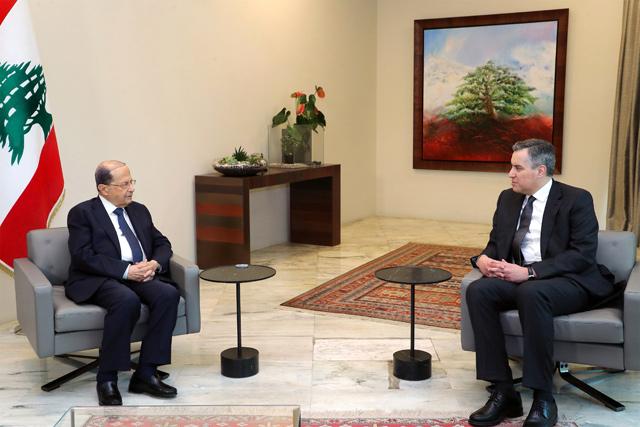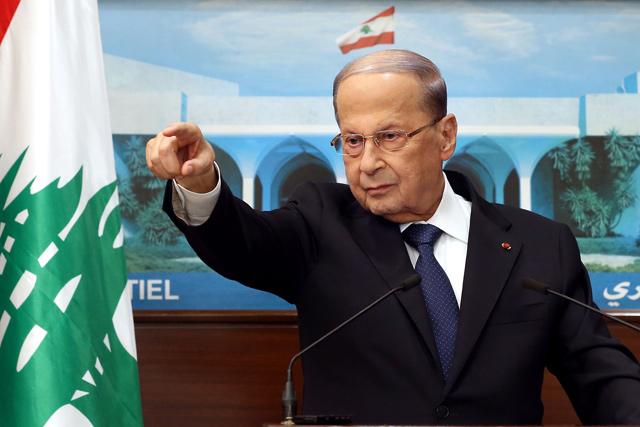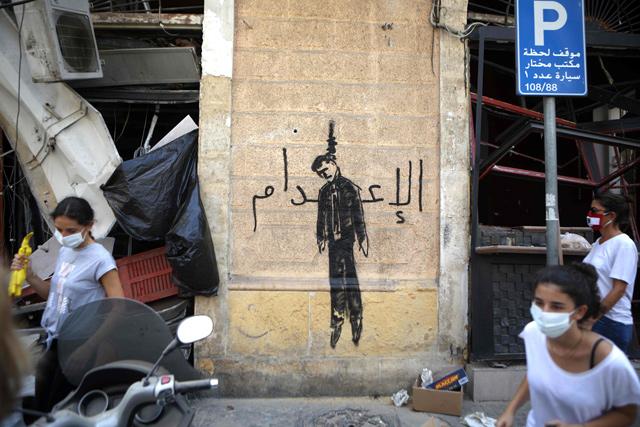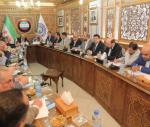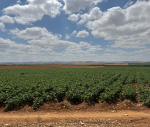You are here
Lebanon's exit from crisis hinges on new PM — President Aoun
By AFP - Oct 21,2020 - Last updated at Oct 21,2020
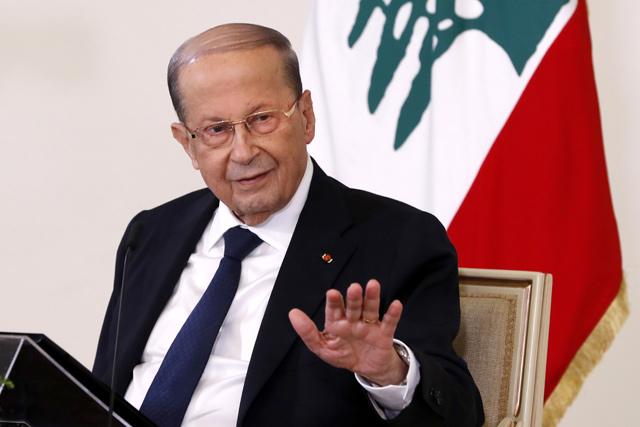
This handout photo provided by the Lebanese photo agency Dalati and Nohra on Wednesday shows Lebanese President Michel Aoun holding a televised press conference at the presidential palace in Baabda, east of the capital Beirut (AFP photo)
BEIRUT — Crisis-hit Lebanon's next prime minister, the third in a year, will have to spearhead reforms and battle corruption, President Michel Aoun said Wednesday.
Aoun was speaking at a televised news conference a day before his scheduled consultations with MPs to name Lebanon's new premier.
"I hope that you will think well about the consequences the nomination [of a premier] will have on the process of forming a government," Aoun said, addressing lawmakers.
It will affect "reform plans and international rescue initiatives", he said.
Saad Hariri resigned as premier in October 2019 in the wake of unprecedented street protests, but he is now expected to make a comeback at the helm of the next government.
Most parliamentary blocs have pledged support for Hariri, although Aoun and his Free Patriotic Movement are against his nomination.
However, the FPM's allies, the powerful Iran-backed Hizbollah movement and Amal, are expected to endorse Hariri.
"Will the person who will have to bear the burden of being named and forming a government commit to addressing corruption and launching a reform drive?" Aoun asked.
Lebanon has appointed two new premiers since Hariri resigned last October.
Hassan Diab, a little known academic, was named as Hariri's replacement in December last year.
His Cabinet of so-called "technocrats" resigned in the wake of the huge August 4 blast at Beirut port widely blamed on government negligence.
Lebanon's worst peace-time disaster killed more than 200 people and wounded at least 6,500 others.
Lebanon's ambassador to Berlin, Mustapha Adib, was then named in September but bowed out last month over the failure of political leaders to agree on a cabinet line-up.
French President Emmanuel Macron, who has visited Lebanon twice since the blast, said its ruling class had "betrayed" the people by failing to form a new Cabinet.
The process can take months in Lebanon, where consensus between most of its top political groups is required for major decisions.
Despite mounting international pressure, Lebanese parties are still bickering over the distribution of Cabinet posts and portfolios.
Hizbollah and Amal, both Shiite groups, have refused to relinquish control of the finance ministry, in what many say was behind Adib's failure to form a government.
Aoun on Wednesday also accused unnamed officials of blocking reforms long demanded by international donors, including power sector reform and a forensic audit of the central bank.
Related Articles
BEIRUT — Lebanon's premier-designate stepped down on Saturday, saying he had been unable to form a reform-minded government to lift the coun
BEIRUT — Lebanon's President Michel Aoun warned Monday the country was headed to "hell" if competing political forces did not step up and ba
PARIS — France on Tuesday urged competing political forces in Lebanon to agree on forming a government "without delay" as it ramped up press


